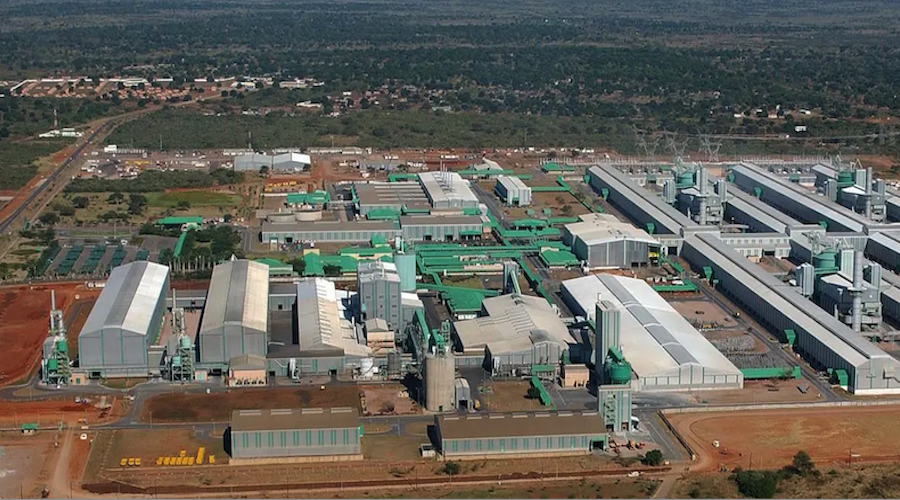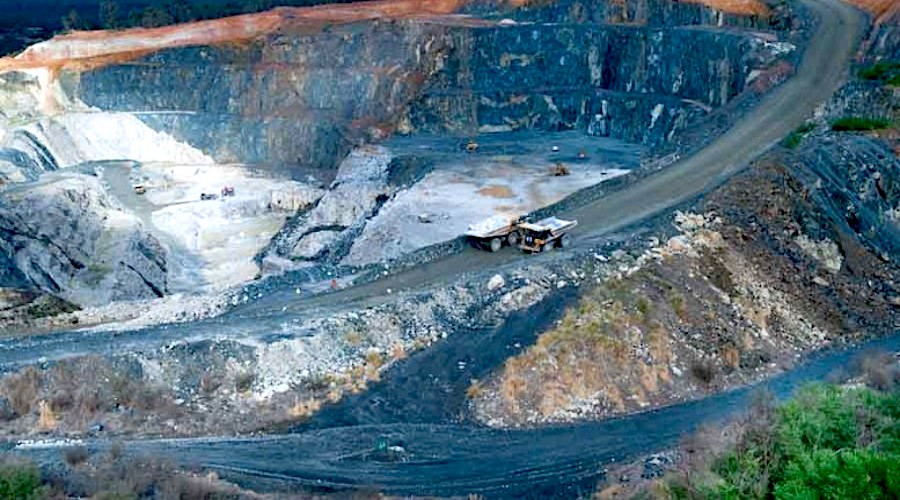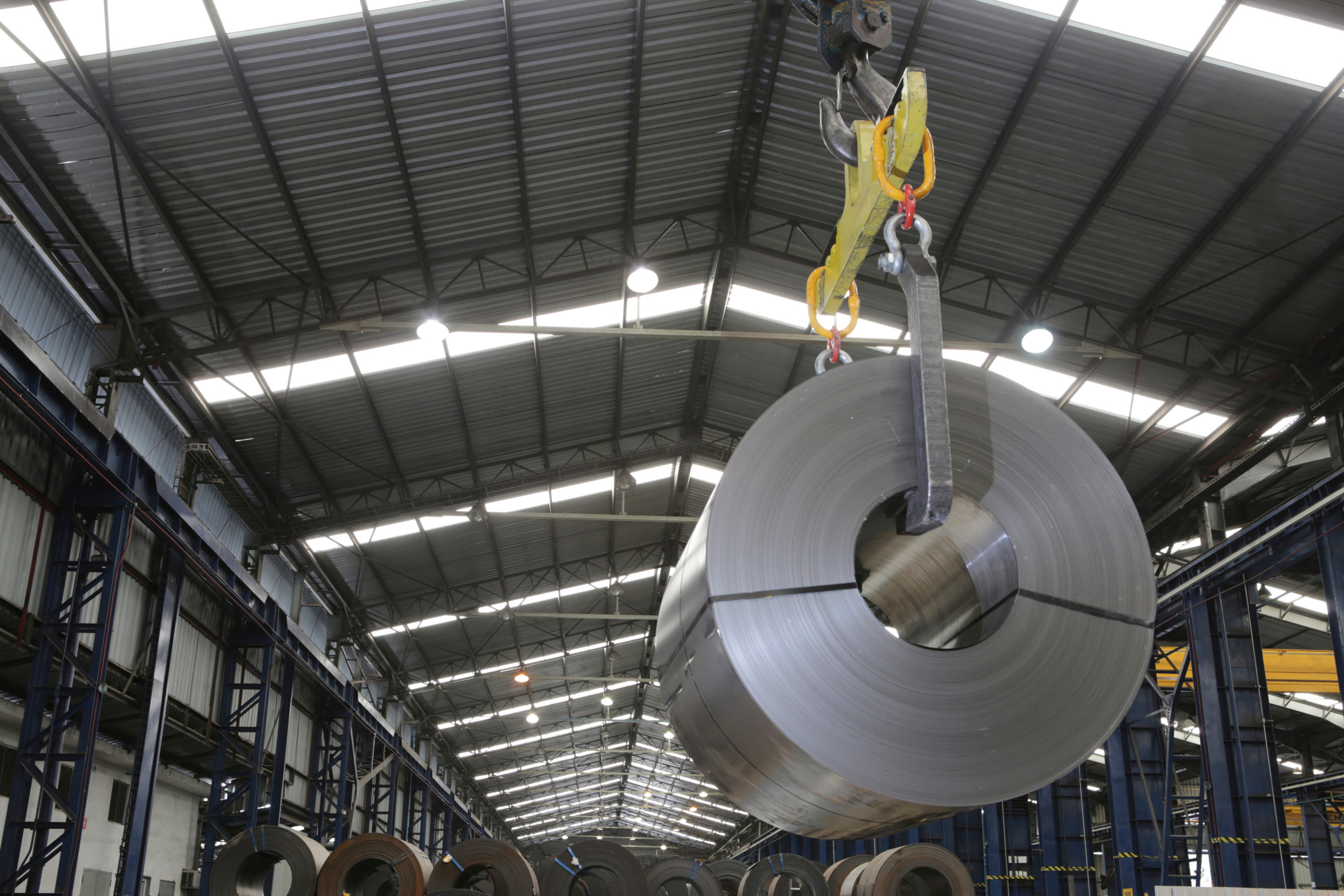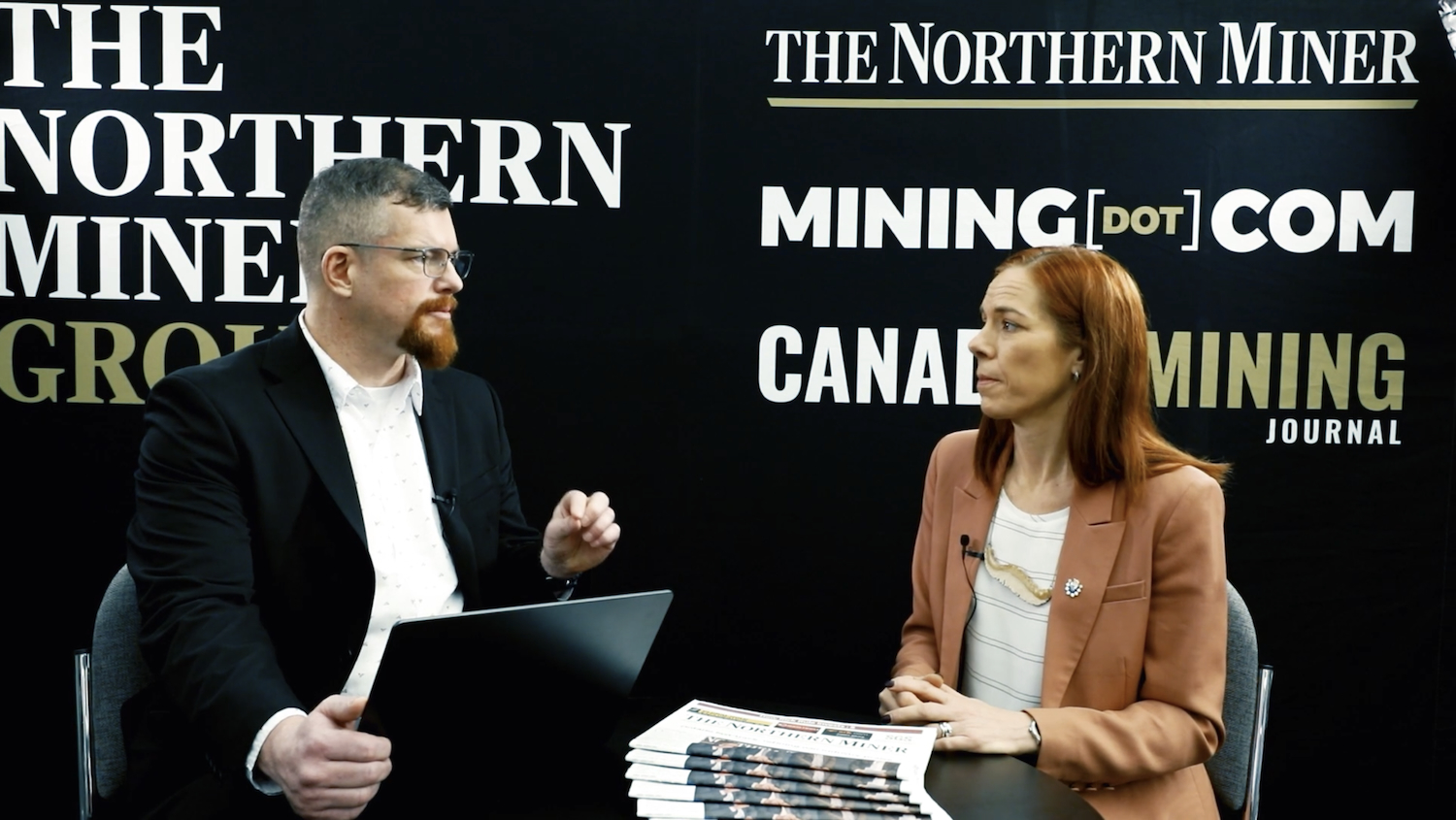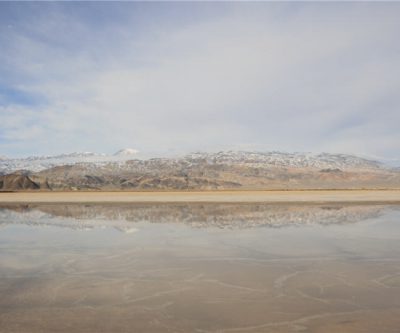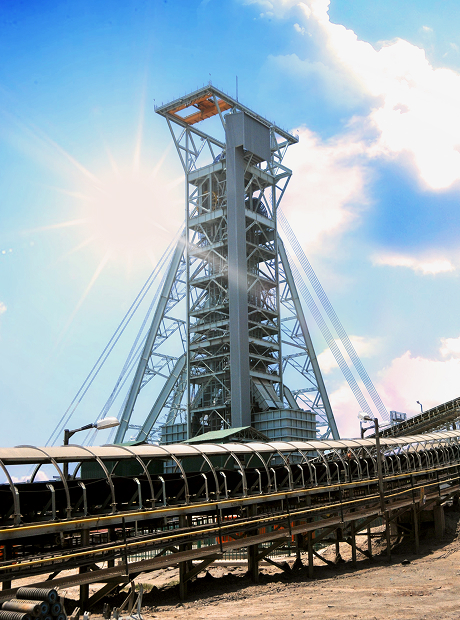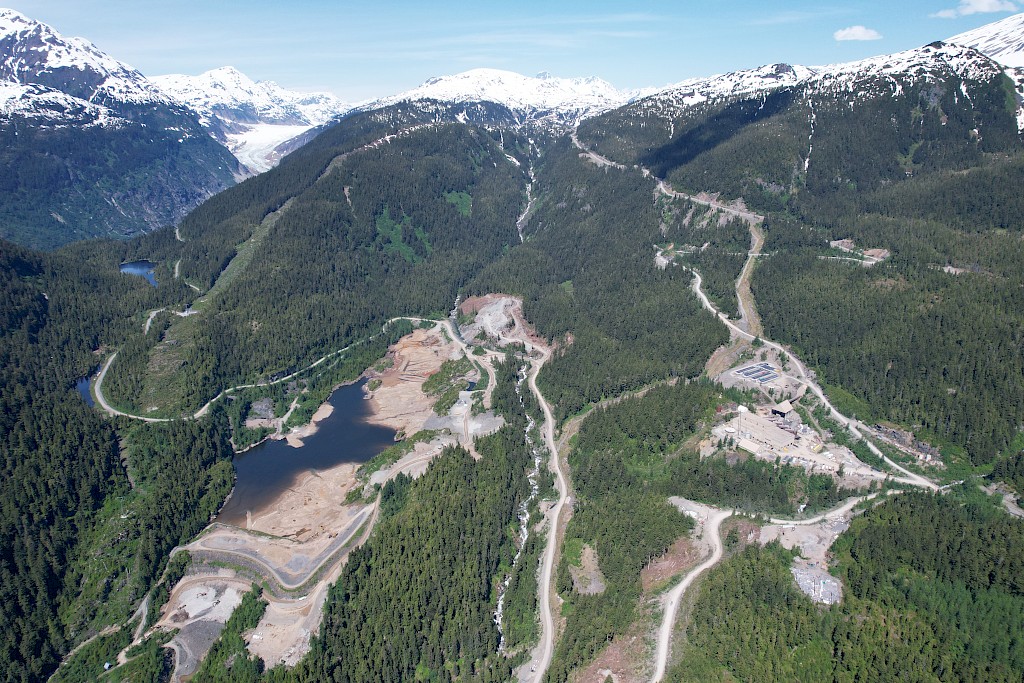Mirasol Advances Sobek Copper Project and Provides General Exploration Update
VANCOUVER, British Columbia, Feb. 28, 2022 (GLOBE NEWSWIRE) -- Mirasol Resources Ltd. (TSX-V: MRZ) (OTCPK: MRZLF) (the “Company” or “Mirasol”) is pleased to provide an update on progress at the Sobek Project (“Sobek”) and general exploration activities completed in the last quarter of 2021 on its projects in Northern Chile and Argentina.
Mirasol’s President Tim Heenan commented: “Our maiden field program at Sobek has confirmed the presence of porphyry-type geology and alteration assemblages, which are supported by the anomalies recorded in the high-resolution aeromagnetic survey completed last year. We are fast-tracking exploration at Sobek and our exploration teams are in the field for an extended and detailed review of priority targets. In parallel, follow-up geophysics programs are being planned at the Rubi and Inca Gold projects and maiden reconnaissance programs have been completed on a number of early-stage porphyry prospects in the Argentinian Cordillera to continue advancing our project portfolio.”
Mr. Heenan added: “Drilling results from the programs completed last year at Gorbea and Sascha Marcelina fell short of our expectations. Further exploration and drilling will be needed on both of those projects. Looking forward, a 2,000m maiden drill program at Libanesa is planned to start shortly.”
A webinar with Tim Heenan, the Company’s President and Patrick Evans, the Executive Chair will be held on March 3rd, 2022 at 10:00 am PT / 1:00 pm ET. A brief presentation will be followed by a Q&A session. Registration can be completed using this link.
Figure 1: Mirasol’s Project Portfolio
Chile Update:
- Sobek Copper Project – Self-funded
Mirasol is pleased to report that agreements have been secured with local communities and landowners to access 100% of Sobek, which is divided into North, Central and South Blocks. A field campaign is now underway evaluating prospects across the entire property package. This extensive field campaign will assess the potential for porphyry copper-gold and epithermal gold-silver mineralization with further geochemical sampling, detailed geological mapping and additional ground based geophysical surveys (Induced Polarization (“IP”) and magnetics) over priority targets.
This program is following up on the helicopter supported high-resolution aeromagnetic (“Mag”) survey completed in mid-2021. The Mag survey detected multiple highly prospective geophysical magnetic targets across the entire Sobek property package. This has improved understanding of the structural architecture of the property and formed an important base for the ongoing field exploration at Sobek.
The maiden field campaign in the Sobek Central Block confirmed the presence of a volcanic complex hosting rhyodacitic and andesite volcanics flanked to the west by igneous intrusive rocks of dioritic composition. These intrusive rocks locally host disseminated magnetite and tourmaline and also localized zones of strong “crackle brecciation” with gypsum matrix infill and siderite veinlets. Within the high topographic elevation levels, significant and widespread areas of strong argillic alteration have been identified and are being further evaluated during the current campaign. All of these geologic features are considered promising and support the exploration model for Sobek.
At the Sobek South Block, a scouting campaign identified a large hypabyssal dacitic dome complex emplaced within the older Paleocene-aged granitic to granodioritic host rocks. The margins of this dome commonly display autobrecciation textures and host low temperature silicification and argillized alteration halos. Initial observations suggest these domes occupy a large part of the South Block. The eastern part of this block also hosts a very attractive magnetic low (magnetite destruction) anomaly which sits between the eastern dome edge and the Argentine border. These peripheral areas of the dome are considered highly prospective and are being reviewed in the field.
The Sobek North Block, which was recently expanded and now encompasses 6,961 hectares, is also being evaluated during the current campaign. Several compelling Mag anomalies exist within this block, including both magnetic highs and lows, which will be the focus of the current field campaign.
Figure 2: Sobek project - Aeromagnetic targets and structural setting
- Gorbea Gold/Silver Project – Under Option to Newcrest Mining Limited (“Newcrest”)
Newcrest completed five reverse circulation drill holes for 2,072m, with two holes at the Atlas prospect and three holes at the El Dorado prospect. No meaningful mineralization was encountered in these holes.
At Atlas, hole ATLT0011A targeted the extension to the southeast of a silicified polymictic breccia body outcropping on surface (Apollo Breccia) coinciding with a high-resistivity feature. Although vuggy silica texture, quartz alunite alteration and pathfinder elements were intersected, the lack of gold values indicates a peripheral position to the mineralized centre. Hole ATLT0012 was drilled to test for potential continuation to the north in the Atlas Central zone. The results limit the potential of the mineralized body in a northerly direction, but some potential remains to both the east and west to extend the mineralization and explore for higher-grade mineralization. One potential target lies to east-southeast where pathfinder elements, alunite composition and gold values combine with a high-resistivity anomaly.
At El Dorado, the drill holes targeted a combination of positive features, including a high-resistive feature, a polymictic breccia body with vuggy silica fragment and a steam-heat zone, all associated with elevated pathfinder elements. No further work is planned at El Dorado.
Newcrest has informed the Company that it is now focusing on reviewing the untested prospects at Gorbea (Ventura, Orion, Danay and Aldebaran) with further surface mapping, geochemistry and possible geophysical surveys to identify potential drill targets.
Figure 3: Gorbea project - Completed drilling at Atlas and El Dorado prospects
- Nord Polymetallic Project – Under Option with Encantada SpA (“Encantada”)
At the Nord project, Encantada completed a field program in the second half of 2021 focused on two priority targets within the central and southern sectors of the project.
Five scout drill holes totaling 1,192m were completed on the Target 3 in the center of the project, which is characterized by skarn mineralization hosted by a Jurassic carbonate sequence intruded by monzodiorite and diorite intrusive bodies. The northeast mineralized trend extends for 1.3 km marked by copper and zinc mineralization and other geochemical anomalies. Narrow zones of zinc mineralization (sphalerite - pyrrhotite) were encountered in the northern holes while higher temperature (garnet-pyroxene-magnetite) skarn carried narrow zones of copper-gold mineralization were intercepted in the south. The higher temperature skarn and increasing copper-gold along with molybdenite may indicate a vector towards a porphyry target to the southeast.
At Target 2, geological mapping at 1:2,000 and 1:5,000 scale was completed on a porphyry prospect interpreted to be of similar Mid Eocene-Oligocene (33-36 Ma) age to the Exploradora complex located 4 km to the northeast. Three porphyry intrusives associated with potassic (biotite) alteration are overprinted by strong sericite-clay alteration with local alunite, limonite and copper oxides in two elongated 200 x 500m and 150 x 300m zones. Porphyry-type veining includes early biotite-magnetite (EB) veins and scarce A veins along a north-northwest trend near the contacts of the porphyry with the monzodiorite intrusive host rock. The IP survey completed in this zone revealed a chargeability anomaly from 100-500m depth that is associated with the altered porphyry intrusions. Encantada is evaluating further geochemical and geophysical surveys to develop and refine potential new drill targets.
Figure 4: Nord project - Completed drilling and geophysics
- Altazor Gold/Silver Project – Self-funded
Altazor hosts two attractive Maricunga-style gold-copper porphyry targets and a HSE gold-silver target under post-alteration young capping volcanic flows. Mirasol is actively engaging with the community in the vicinity of Altazor to secure an exploration agreement for a drilling program. The concerns of the community are being addressed to achieve a mutually beneficial agreement.
- Coronación Copper Project – Under Option to First Quantum Minerals Ltd. (“First Quantum”)
Coronación hosts a compelling porphyry target that displays characteristics similar to other Miocene-age porphyry gold-copper systems in the highly productive Maricunga belt. To allow further opportunity for engagement with a local community, First Quantum and Mirasol are discussing adjustments to the option agreement to extend by one year the timeline for the completion of the drilling commitment.
Argentina Update:
- Sascha Marcelina Gold/Silver Project
At the Pellegrini prospect, Mirasol drilled hole PEL-DDH-007 behind and under PEL-DDH-005 to test the depth and lateral extention of the breccia body previously intercepted. No significant gold and silver mineralization was encountered apart from isolated values of 0.4 g/t Au and 140 g/t Ag from narrow veinlet zones. These veinlets are generally sub-parallel to the core axis and potentially have an antithetic structural configuration. However, broad lead and zinc mineralization was intercepted returning:
- 33.9m at 1.3% Pb and 0.5% Zn from 298.6m (250 ppm Pb cut-off)
- including 15.85m at 2.1% Pb and 0.8% Zn from 285.15m (1,000 ppm Pb cut-off)
- Including a higher-grade section of 7.2m at 4.1% Pb and 1.4% Zn from 289m (1% Pb cut-off)
Evaluation of the three holes drilled at Pellegrini in the breccia zone (PEL-DDH-002, 005 and 007) suggests that the mineralized zone may have a west-dipping orientation. A scissor drill hole oriented from west to east will be required to confirm if the drilling to date has been parallel to the dip direction. Furthermore, it appears that the three holes have not adequately tested the coincident chargeability/resistivity anomaly defined from the recent deep penetrating IP geophysics located to the west of holes PEL-DDH-005 and 007 and directly at depth below PEL-DDH-002. The mineralization also appears to decrease in intensity, most notably in gold/silver, further to the east outboard and distal to this remaining untested central target. In addition to the Pellegrini target, the Igloo and Estancia prospects host untested targets at depth beneath the drill holes completed in the maiden campaign at Marcelina (news release August 9, 2021).
The option period for the Marcelina property has been extended by two years with no payment due this year. Future payments of US$50,000, US$100,000 and US$3.45M will be due in January 2023, 2024 and 2025, respectively, if the project is advanced.
Figure 5: Cross section highlighting geophysical target at Pellegrini’s breccia target
About Mirasol Resources Ltd.
Mirasol is a well-funded exploration company focused in Chile and Argentina. Mirasol has seven partner-funded projects, with Newcrest Mining Ltd (Chile), First Quantum Minerals (Chile), Mine Discovery Fund (Chile), Mineria Activa (Chile), Silver Sands Resources (Argentina), Patagonia Gold (Argentina) and Golden Arrow (Argentina). Mirasol is currently self-funding exploration at Sobek (Chile), Inca Gold (Chile) and at a number of early-stage prospects.
For further information, contact:
Tim Heenan, PresidentorJonathan Rosset, VP Corporate Development
Tel: +1 (604) 602-9989Email: [email protected]Website: www.mirasolresources.com
Qualified Person Statement: Mirasol’s disclosure of technical and scientific information in this press release has been reviewed and approved by Tim Heenan (MAIG), the President for the Company, who serves as a Qualified Person under the definition of National Instrument 43-101.
QAQC: Newcrest is the operator for the Gorbea project, and Mirasol relies on their internal quality control and quality assurance protocols, which have been reviewed and considered adequate by the Qualified Person.
At Sascha Marcelina, Mirasol applies industry standard exploration sampling methodologies and techniques. All geochemical rock and drill samples are collected under the supervision of the company’s geologists in accordance with industry practice. Geochemical assays are obtained and reported under a quality assurance and quality control (QA/QC) program with insertions of controls (standards, blanks and duplicates, representing 5%, 4% and 5% of the samples respectively). Standards and blanks are inserted randomly in all drill core batches that are submitted to the laboratory, while duplicates are done on both the coarse reject (2.5%) and pulps (2.5%). Drill core samples have a minimum of 0.30m and a maximum of 2.00m in length. Samples are dispatched for analysis to Alex Stewart International Labs in Argentina, an ISO 9001:2015 accredited laboratory, which is independent from the Company. The samples are delivered to the laboratory by Mirasol personnel, a dedicated private courier, or by the dedicated laboratory pick-up service. Core diameter is generally HQ/HQ3 and samples are analysed by Fire Assay for both Au and Ag and also by ICP MS including a package of 48 elements. Base metals (Pb/Zn) with results of >10,000 ppm are re-submitted to the laboratory for ICP-Ore analysis (19 elements), to obtain accurate results.
Forward Looking Statements: The information in this news release contains forward looking statements that are subject to a number of known and unknown risks, uncertainties and other factors that may cause actual results to differ materially from those anticipated in our forward-looking statements. Factors that could cause such differences include: changes in world commodity markets, equity markets, costs and supply of materials relevant to the mining industry, change in government and changes to regulations affecting the mining industry and to policies linked to pandemics, social and environmental related matters. Forward-looking statements in this release include statements regarding future exploration programs, operation plans, geological interpretations, mineral tenure issues and mineral recovery processes. Although we believe the expectations reflected in our forward-looking statements are reasonable, results may vary, and we cannot guarantee future results, levels of activity, performance or achievements. Mirasol disclaims any obligations to update or revise any forward-looking statements whether as a result of new information, future events or otherwise, except as may be required by applicable law.
Neither the TSX Venture Exchange nor its Regulation Services Provider (as that term is defined in the policies of the TSX Venture Exchange) accepts responsibility for the adequacy or accuracy of this release.
Table 1: Gorbea Reported Holes Collar Location
| Hole ID | Easting | Northing | Elevation (m) | Azimuth | Dip | Depth (m) |
| ATL0011* | 502,644.78 | 7,191,945.79 | 4211 | 159.56 | -65.00 | 48.00 |
| ATL0011A | 502,644.25 | 7,191,947.47 | 4211 | 159.60 | -64.70 | 432.00 |
| ATL0012 | 503,116.51 | 7,192,800.00 | 4340 | 89.69 | -74.80 | 500.00 |
| DOR0001 | 511,303.27 | 7,184,505.11 | 4135 | 269.98 | -74.88 | 450.00 |
| DOR0002 | 510,474.27 | 7,184,041.17 | 4121 | 35.07 | -59.50 | 242.00 |
| DOR0003 | 508,999.91 | 7,186,050.69 | 4238 | 89.79 | -70.00 | 400.00 |
Coordinate system: UTM WGS-84, zone 19 South*ALT001 was lost and twinned by ALT0011A
Table 2: Nord Reported Holes Collar Location
| Hole ID | Easting | Northing | Elevation (m) | Azimuth | Dip | Depth (m) |
| TF-DDH-01 | 471,323.00 | 7,143,427.00 | 3476 | 258.25 | -55.03 | 218.50 |
| TF-DDH-02 | 471,271.08 | 7,143,162.94 | 3551 | 255.09 | -45.55 | 218.00 |
| TF-DDH-03 | 471,260.00 | 7,143,005.00 | 3587 | 265.96 | -70.12 | 348.30 |
| TF-DDH-04 | 471,318.50 | 7,143,201.00 | 3517 | 272.00 | -64.84 | 260.50 |
| TF-DDH-05 | 471,330.00 | 7,143,022.00 | 3558 | 284.04 | -54.76 | 146.50 |
Coordinate system: UTM WGS-84, zone 19 South
Table 3: Sascha Marcelina Reported Hole Collar Location
| Hole ID | Easting | Northing | Elevation (m) | Azimuth | Dip | Depth (m) |
| PEL-DDH-007 | 2,410,645.75 | 4,705,622.67 | 719 | 245 | -55 | 452.00 |
Coordinate system: Gauss Kruger, Campo Inchuaspe, Zone 69

